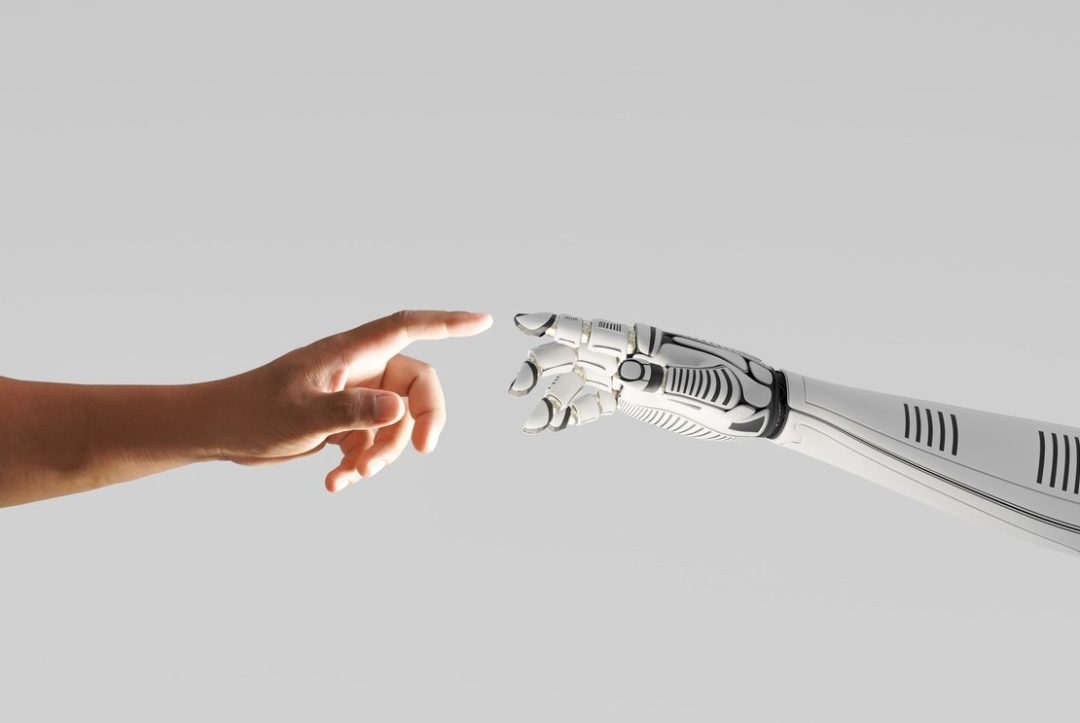
Climate change is a global challenge that requires a collective effort to reduce greenhouse gas emissions and transition to renewable energy sources. Solar power is a clean and promising solution that has seen widespread adoption in recent years. However, operating solar panels in harsh climates and remote areas remains a difficult challenge.
Fortunately, advances in robotics and artificial intelligence are providing new resolutions to these challenges, making solar power more accessible and more efficient than ever before. By embracing the technology that these advances allow, small and medium-sized businesses can play a pivotal role in promoting energy independence through incremental changes toward renewable energy sources.
The Economics of Solar
According to the Solar Energy Industries Association, businesses that invest in solar power can reduce their electricity costs by 75% or more. The return on investment can be significant, with many businesses recouping their initial investment in as little as three to seven years. The subsequent long-term savings make solar power an attractive option for businesses looking to reduce their energy costs.
Meanwhile, government policies and incentives can play a meaningful part in promoting the adoption of solar power by small and medium-sized businesses. For example, tax credits and rebates can offset the initial costs of installing solar panels, making them more accessible to companies with limited resources. Additionally, net metering policies, which allow businesses to sell excess energy back to the grid, can provide a financial incentive for organizations to invest in solar power.
The Impact on Communities
Small and medium-sized businesses that invest in solar power can have a positive impact on their local communities. By reducing their carbon footprint, businesses can contribute to regional efforts to combat climate change. By investing in solar power, companies can also create jobs related to installation, maintenance, and repair services, contributing to the growth of the local economy.
The economic and social benefits of solar power are compelling. Simultaneously, government policies and incentives can play an important role in promoting the adoption of solar power by small and medium-sized businesses.
The impact of solar power on local communities cannot be overlooked. Small and medium-sized businesses that invest in solar power can create jobs leading to economic growth. Also, by reducing their carbon footprint, businesses can contribute to the fight against climate change while promoting environmental sustainability.
Solar Driving Innovation
Solar power is a rapidly evolving industry with new technologies and innovations emerging all the time. SMBs that invest in solar power can benefit from these innovations, driving both growth and competitiveness. For example, businesses that invest in solar power can develop new skills and expertise in areas such as energy management, automation and robotics, positioning themselves for future success in a rapidly evolving industry.
Keeping solar panels clean is an essential maintenance activity that can enhance the efficiency and longevity of these products. Dust, dirt and debris accumulate on the surface of solar panels over time, inhibiting the sun's rays and reducing the panels' ability to convert sunlight into electricity. As a result, regular cleaning is necessary to optimize the use of the sun while maximizing the output of solar panels.
Traditional cleaning methods involve manual cleaning by trained technicians, which can be an unsafe and time-consuming process, particularly in remote areas that have limited access to maintenance and repair services.
To address these issues, innovative solutions based on robotics and artificial intelligence are emerging, offering new possibilities to manage and optimize solar panel performance. For example, cleaning robots using advanced sensors and algorithms can navigate around panels, automatically and autonomously cleaning them, eliminating the need for manual cleaning and maintenance. These robots can detect dirt and debris on the surface of panels and remove them efficiently without causing any damage.
In addition to robotic cleaning, AI-powered monitoring systems can provide real-time performance data, alerting maintenance crews to issues when they arise, and enabling greater efficiency. These systems use advanced analytics to identify trends and patterns in the data, allowing for predictive maintenance and improved overall performance. Remote areas with limited access to maintenance and repair services can benefit greatly from these technological advances.
Solar energy is a rapidly growing field that is increasingly accessible to businesses and individuals, while technological advances play a critical role in optimizing solar panel efficiency and performance. AI and robotics are revolutionizing the solar panel industry by providing efficient and effective solutions for cleaning, maintenance and monitoring. These technologies not only improve the overall efficiency of solar panels but also reduce their operating costs and minimize the risks associated with manual cleaning and maintenance. With further developments in AI and robotics, the future of solar energy looks hugely promising. Over the next few years, we can expect to see more innovative solutions that can help us harness the power of the sun more efficiently and sustainably.
Oded Fruchtman is chief executive officer of BladeRanger.






